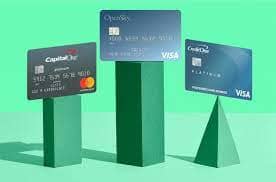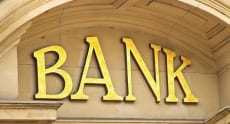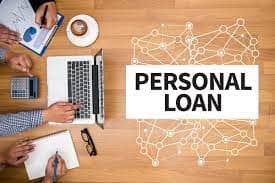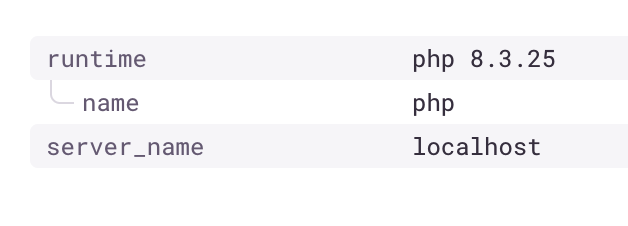Don’t put off buying a car because you're afraid of the car finance maze. Instead, get in the driving seat and secure the best possible deal.
Don’t panic if you don’t understand the difference between a personal contract plan (PCP) and a hire purchase agreement, or don’t know the pros and cons of taking out a personal loan. You will soon if you read this easy-to-understand guide.
If you opt to buy a vehicle through a dealer or car supermarket, you will almost always be offered some type of finance scheme as it is a huge profit source within the motor trade. It can be tempting to go with the first product you are offered - especially when you have spotted a car you really want - but take some time to ensure that you choose the best product for you.

Types of Car Finance
The three main types of car finance likely to be offered by a dealer are HP, PCP and personal leasing, but what do these terms mean?
Hire purchase (HP): This is finance secured by the vehicle itself, meaning that you
will not own the vehicle until your final payment has been made. Until you own the car, you cannot sell it without getting permission from the lender, although you will have the opportunity to return it.
If you choose HP, you will normally pay a deposit of around ten per cent and then pay instalments plus interest. It is important to check the details of the HP agreement to fully understand the terms and conditions.
Personal contract purchase (PCP): You will normally pay a deposit followed by low monthly instalments. At the end of fixed period you can choose to make a balloon payment, which is a lump sum to buy the car or outright, sell the vehicle privately to raise the funds to repay the remainder of the loan, or return the vehicle. This is a particularly good option if you like to change your car often. One of the downsides of this type of finance, however, is that you can incur penalties for going over agreed mileage limits or if you damage the car.
Personal leasing or Contract Hire: This is similar to PCP in that it offers you the opportunity to pay low monthly fees but, in this case, there is no opportunity to buy the vehicle. The major advantages of personal leasing is the convenience it offers and the ease by which you can change the car. The leasing costs you pay will depend on the kind of car you want, the agreed mileage limits and the length of contract. You will usually have to pay some of the rental in advance and this could be as much as three months’ worth of payments.
Further Options to Consider
You may be offered a zero per cent finance deal. These are usually reserved for slow-selling or outgoing models but, with no interest charges, they can be a very affordable option. They do usually require that you lay down a large deposit of 35 per cent or more, however, and further discounts are highly unlikely even if you are a seasoned negotiator. If you miss payments, you are also likely to be switched to a finance scheme with a higher rate of interest.
Another option is to take out a loan and then buy a car outright. You will normally be faced with a high APR but you can spread out the repayments over a long period and you won’t have to find a hefty deposit. You could also choose to use your credit card to buy your car but some dealers won't accept these cards and, even if they do, they may charge extra fees for using them.
We've outlined the best car loans deals in the table below.
Get the Best Deals
Some dealers earn more from selling finance deals than they do from selling cars but their importance means that you are in a good position to negotiate. Follow these tips for securing the best possible deal.
Know the APR: The annual percentage rate or APR is the key figure that you need to understand. It is the amount of interest you will be paying for the term of your finance agreement and can be compared against various payment plans and personal loans. Remember to consider different timeframes, along with any additional payments you must make.
Consider the long term: Do not be tempted by just low monthly payments. Instead, consider the whole finance package and especially how much the deal will cost you during the lifetime of the loan.
Use your negotiation skills: Don’t be afraid to haggle to get the best possible APR, deposit contributions - which are incentives funded by manufacturers - and the price of the car itself. Do not feel the need to rush, either. Take your time to consider your options and ask for all quotes to be written down. You should then take them away and consider the details, rather than signing up to anything immediately.






